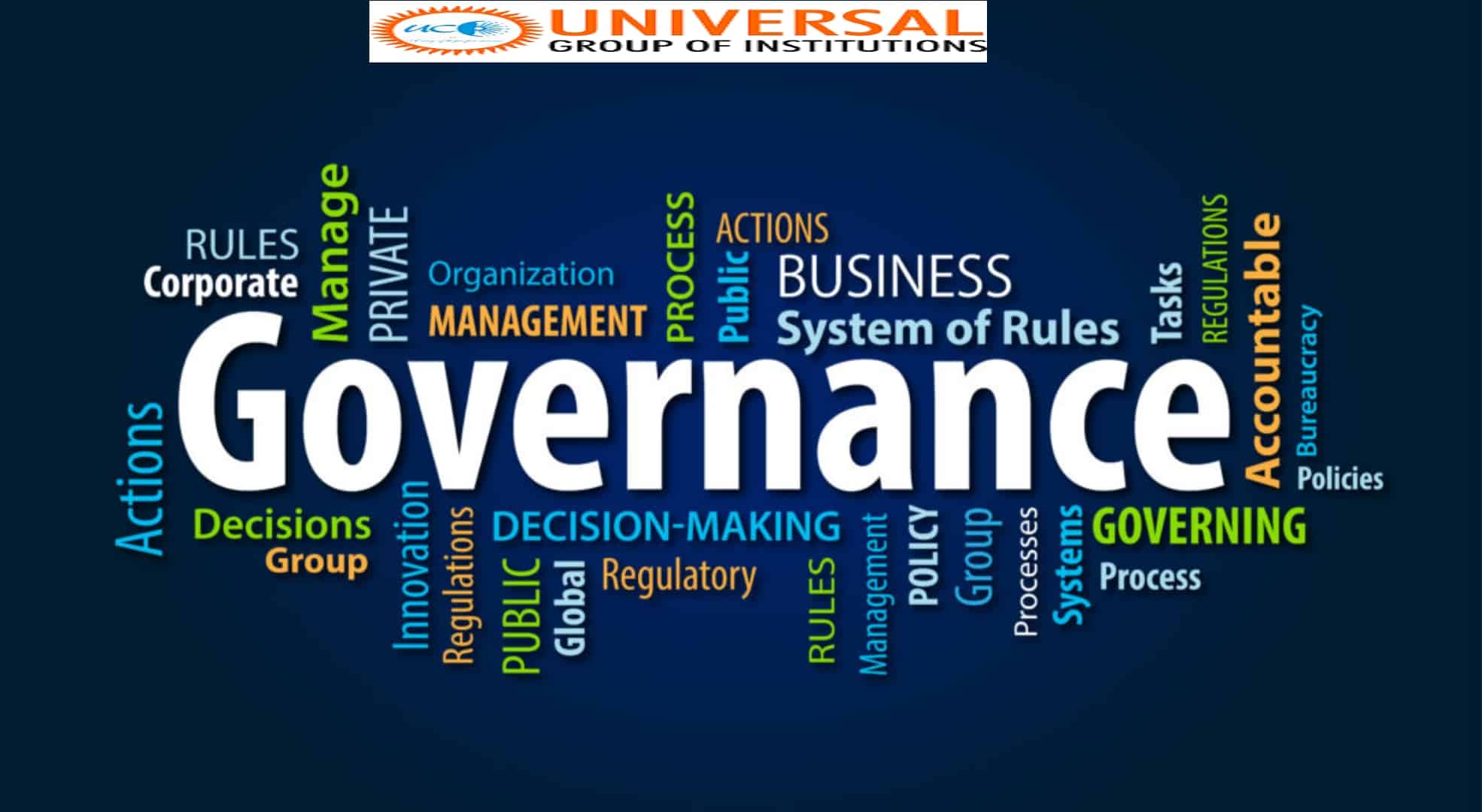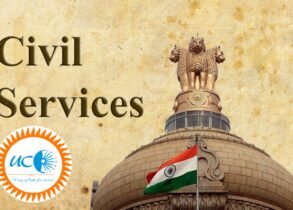Where as some argue that leaks constitute an affront to democracy, others are of the opinion that leaks are a part of democracy. Examine the merits of both the arguments in the context of information attributed to leaks from government offices and whistleblowers.
An informational leak can be defined as a voluntary disclosure of classified information in public. Though leaking of such information by a whistleblower through secured designated channels is legal, the question of ethicality arises when information is leaked directly in public through media. There can be plenty of reasons such as concern about the public’s right to know, to get a monetary reward or to embarrass someone or some group depending upon which it is argued that is it a good or a bad leak.
If disclosure of information that expands public understanding of an issue of public interest without harming anyone comes to public domain through a leak, then it may be considered as ethical, or good because of the ends it tries to achieve.
A leak can also be good if it illuminates understanding of an important issue even if it harms someone, as long as the public interest at stake is significant, lives and health are at risk, a crime such as fraud is being committed or public monies are being misspent e.g.
- Swiss leaks by computer analyst Harvey Falciani, and Panama and Paradise Papers leak increased public understanding about Black money. It opened up the loopholes in legislation which were exploited to avoid legitimate taxes.
- The leaks by CIA employee Edward Snowden about the USA’s mass surveillance (PRISM project) and by Christopher Wylie about data scandal of Cambridge Analytica or even that by Aadhar Leak whistleblower led to the debate of Privacy rights, data security and fairness of elections.
It can be argued thus that such leaks are good for democracy as the systemic problems are brought forth the system given a chance to correct itself. Leaking official matters can be justified only when it is done in the public interest and not in matters related to private or sectional interest. Democratic institutions and government need not be prone to “leaks”. Thus balancing the core state interest and the larger public interest demands self-imposed restraints by all parties especially the public servants and the media.
However, leaking classified information in public domain presumes the intention of harm being done by the state. It also presupposes that the individual’s judgement is better than the collective judgment of the state. As such, leaking information may many times compromise the broader objectives that are sought to be achieved. For example, leaking of diplomatic cables of USA by wikileaks through internal sources may have compromised American military missions in the middle east and put to risk the lives of their soldiers.
In general, informational leaks will always be part of a free society. However, encouraging robust internal whistleblowing may serve as an effective way to prevent leaks. People more often try to work within the system, it is only when the higher authorities acknowledge illegal conduct but refuse to do anything about it, or when individuals suffer retaliation for bringing concerns, their only choice remains is to go public. To address this issue, the public agencies should resort to pro-active disclosure of information under relevant sections of the RTI Act, 2005.





